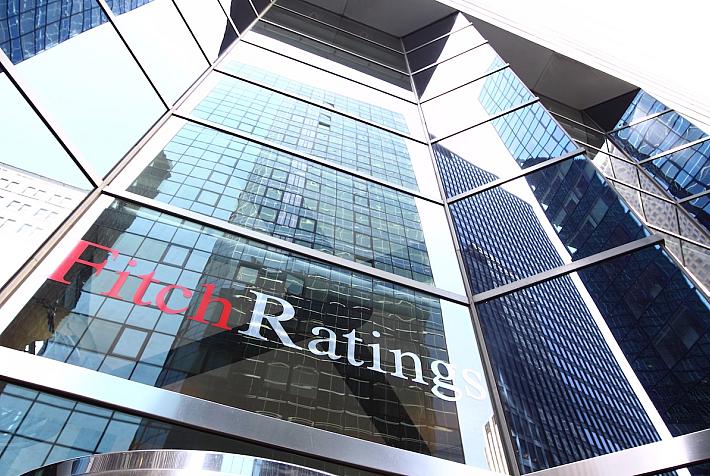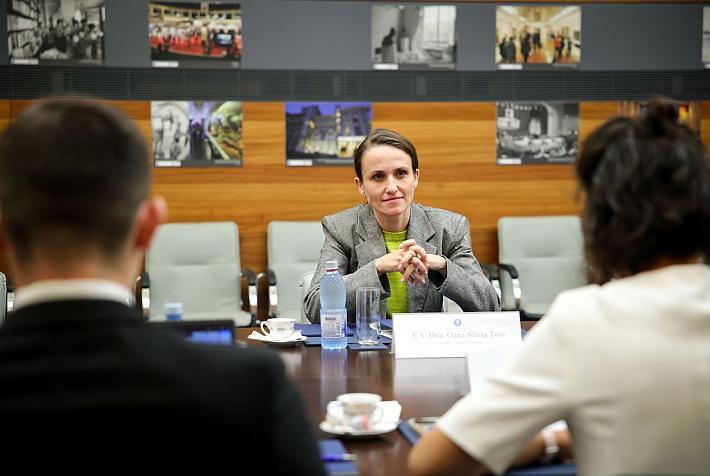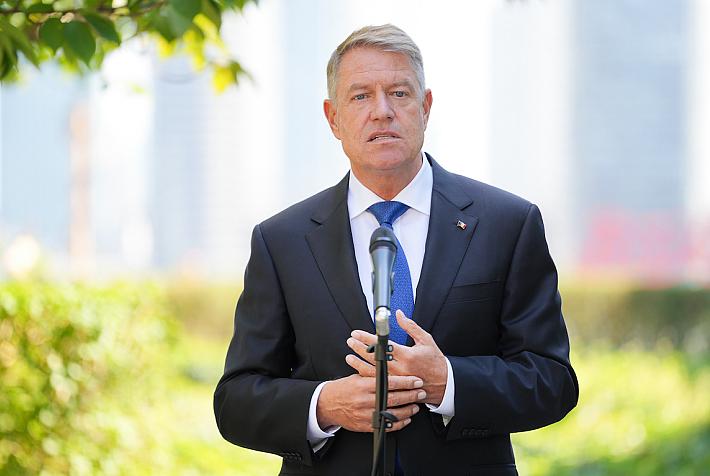Managing and motivating your Romanian employees – how to run your local team smoothly

 The employment market in Romania has had some interesting trends starting with 2007. Understanding some of these trends can help in better understanding the psychology of the Romanian employee and potentially make the relationship with them smoother. See how you can improve your relationship with your Romanian employees.
The employment market in Romania has had some interesting trends starting with 2007. Understanding some of these trends can help in better understanding the psychology of the Romanian employee and potentially make the relationship with them smoother. See how you can improve your relationship with your Romanian employees.
A guest post by Matilda Crossman, general manager of the ExP Group in Romania and the Central Eastern Europe.
Romania entered the EU in 2007. As a result, a number of white collar employees thought their salaries should automatically increase to what they perceived the EU average salary would be. This was irrespective of their knowledge and experience. There were reports that some of these expectations were over five times higher than what they were on in 2006.
2007 and 2008 were the peak of the economic boom for most industries in Romania. Companies were growing, needed more people and as a result the average salaries increased dramatically.
Where are we now? The recession has hit Romania hard. There appears to be a feeling in the business community that in a number of situations there was a clear gap between what some people were paid and the value (or lack of value ) that they were able to deliver to the organization. The reorganizations and restructuring processes have leveled this discrepancy to a certain extent and currently the expectations of Romanian employees are generally more realistic. On the whole though, it must be said that Romanians are very intelligent and hard working individuals. They are “hungry” to learn new things and want to make a difference in the work place.
How are we going to motivate Romanian employees and what to look for at the recruitment stage?
At the recruitment stage a number of candidates will maybe over exaggerate their IT or language abilities. Whilst everywhere in the world there is a certain amount of exaggeration at the recruitment stage, it is not always a deliberate exaggeration here. The benchmark many people make is on the Romanian educational system which can be significantly less practical on these aspects than the Western or US approach.
One thing is essential to try and identify at the recruitment stage: the individual’s attitude to work. If you meet a person with the right attitude to work, that person is far more valuable to retain; appropriate technical skills can easily be trained and absorbed on such individuals.
What motivates them? Well, what motivates all individuals in most continents? To be able to ensure a better life which translates into financial rewards that individuals feel are fair and equitable with the EU standards, a working place that creates opportunity of growth and provides international exposure. Last but not least, the support to develop professionally at an international standard.
How to manage and retain the high fliers? Based on nearly 10 years of experience in Romania in education and consultancy to some of the largest multinationals in the country, it seems that the majority of Romanian employees consider their financial package a motivator, not only a satisfier. This is the order of elements we believe can make a difference in motivating and retaining talented individuals:
1. Pay employees fairly and well – not just industry standards but as much as it is justified and affordable for business for their efforts.
2. Show respect and interest in the employees as persons and not just as workers can make a difference.
3. Praise accomplishments but also just their attempts.
4. Clearly communicate goals, responsibilities and expectations. Never criticize in public. Communication is many times reason for failing to manage effectively people. Share information promptly, openly and clearly. Tell the truth with compassion.
5. Recognize performance appropriately and consistently. Reward outstanding performance (e.g. promotions, further career development opportunities) Never tolerate sustained poor performance – coach and train or remove!
6. Involve employees in any plans and decisions, especially those that affect them. Get their buy in and allow them to contribute their ideas and opinions. Encourage initiative for a winning formula in implementation of plans.
7. Constantly create opportunities for employees to learn and grow. Link the goals of the organization with the goals of each individual in it to avoid dysfunctional behavior.
8. Actively listen to employees concerns – both work-related and personal.
9. Celebrate successes and milestones reached both organizational and personal. Create an organizational culture that is open, trusting and fun.
 Matilda Crossman is the general manager of the training company ExP Group in Romania and the Central Eastern Europe. She is a Harvard alumni, member of the Association of Chartered Certified Accountants, a member of the Chartered Institute of Marketing. She has also been a consultant with PricewaterhouseCoopers and Deloitte.
Matilda Crossman is the general manager of the training company ExP Group in Romania and the Central Eastern Europe. She is a Harvard alumni, member of the Association of Chartered Certified Accountants, a member of the Chartered Institute of Marketing. She has also been a consultant with PricewaterhouseCoopers and Deloitte.











